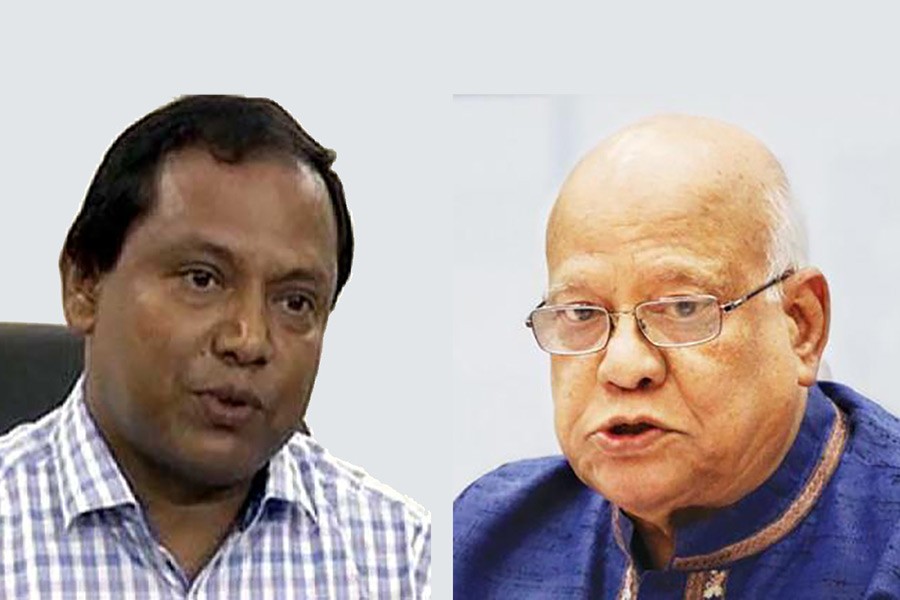A move to categorise jute goods as processed agricultural products could not be materialised in nearly last two years due to apathy from some relevant government agencies, especially the finance ministry, State Minister for Textiles and Jute Mirza Azam said on Monday.
"The evil soul of World Bank is still alive in some departments and ministries in the country," he said, adding that after a long period the file is now on monitoring cell of the Ministry of Finance.
He was speaking at a roundtable on 'Paater Unnayan O Gonomaddhomer Bhabna', jointly organised by the Ministry of Textiles and Jute (MoTJ) and Economic Reporters Forum (ERF) at CIRDAP Auditorium in the capital.
Mirza Azam said that Prime Minister Sheikh Hasina asked for adding the jute products as processed agricultural goods in 2016. But the eco-friendly products were not added to the list of agro-based items, he mentioned.
He also said that he will show all relevant documents to the prime minister on the National Jute Day to be observed today (Tuesday).
Besides, the production of raw jute also will increase in coming days, he said. "We hope Bangladesh will grow 20 million bales of raw jute in future and we will export only finished products," he added.
He said they have taken a move to modernise machinery in three jute mills which will help increase overall production.
Shafiq Alam, bureau chief of AFP, delivered the keynote paper. He said "Bangladeshi farmers have a love-hate relationship with jute farming."
It is becoming increasingly rare now that Bangladeshi farmers get a fair price for their crops, he added.
He said that the government procures rice from the growers every year with the aim to protect their interest but unfortunately, "Our jute growing brothers are largely left at the mercy of the market forces, which can easily be manipulated by a cartel of jute traders and mill owners”.
"As a result, many farmers - and my family, my cousins are among them - (they) are simply quitting this labour-intensive and struggling sector," he added.
Sykh Seraj, media personality and agriculture development activist, said Bangladesh is still depended on imported seeds as local seeds are not good in quality. It should come out from such status.
He also emphasised proper research to develop quality jute.
Saif Islam Dilal, President of ERF, chaired the programme. Faizur Rahman Chowdhury, Secretary of MoTJ, Mahmudul Hasan, Chairman of BJMC and Ziaur Rahman, General Secretary of ERF were also present and spoke, among others.


